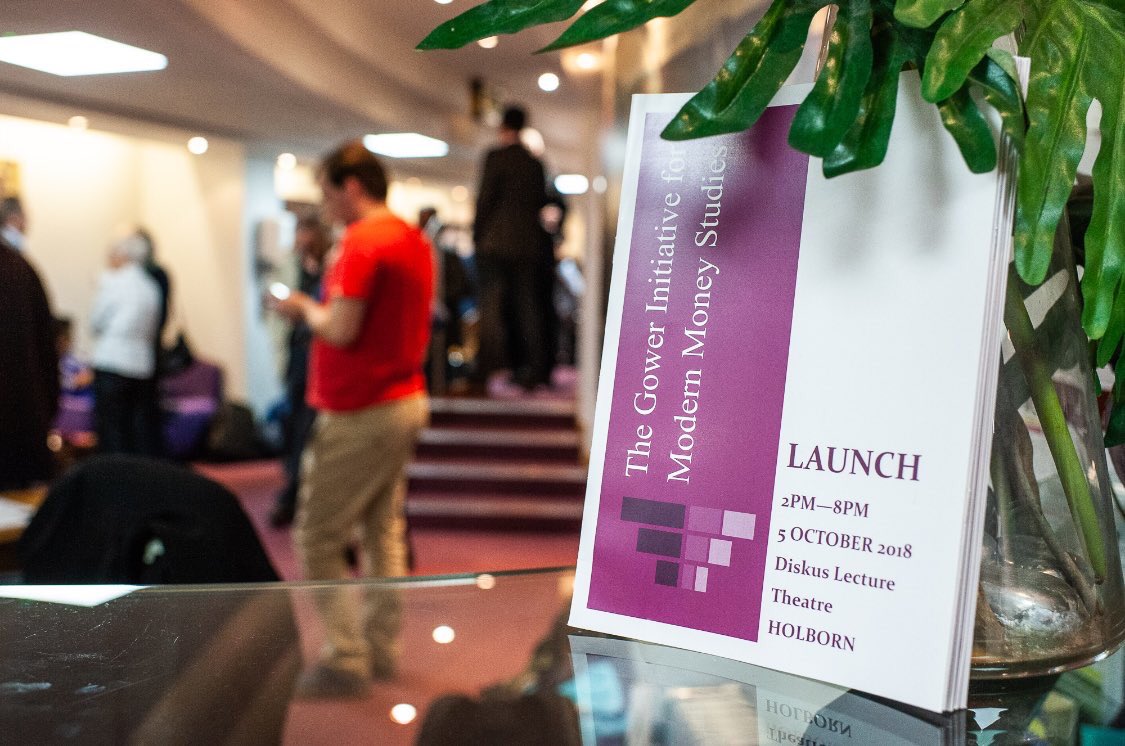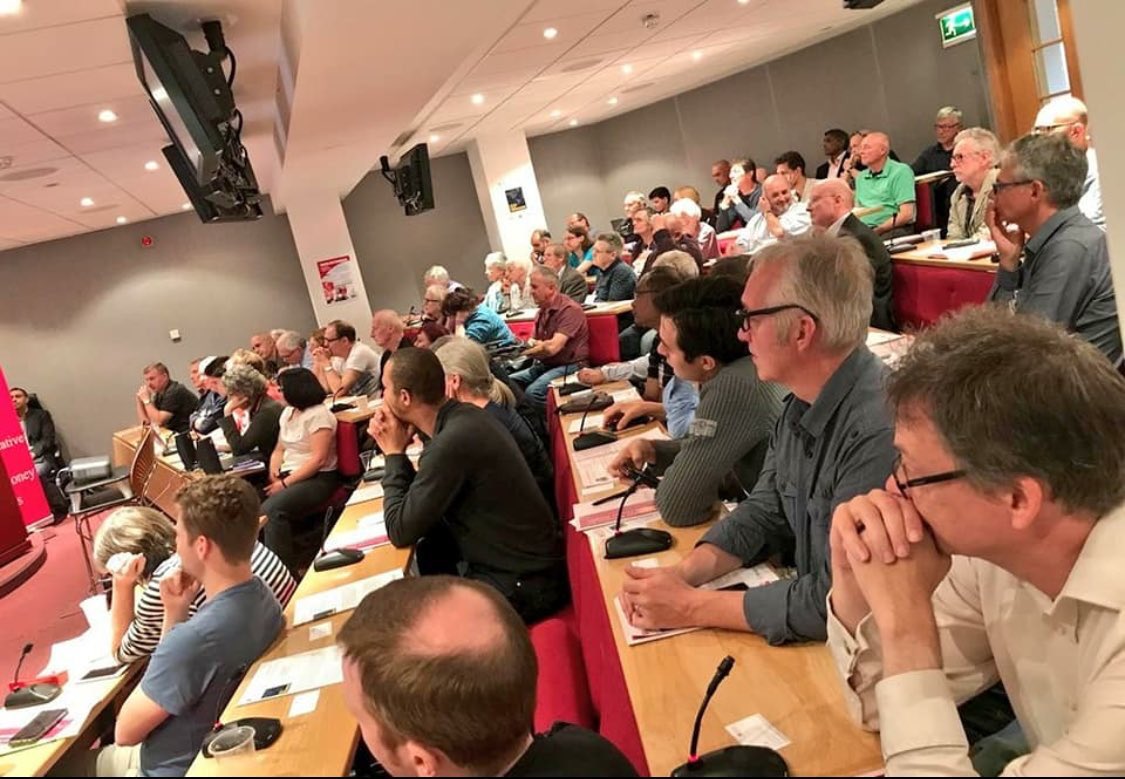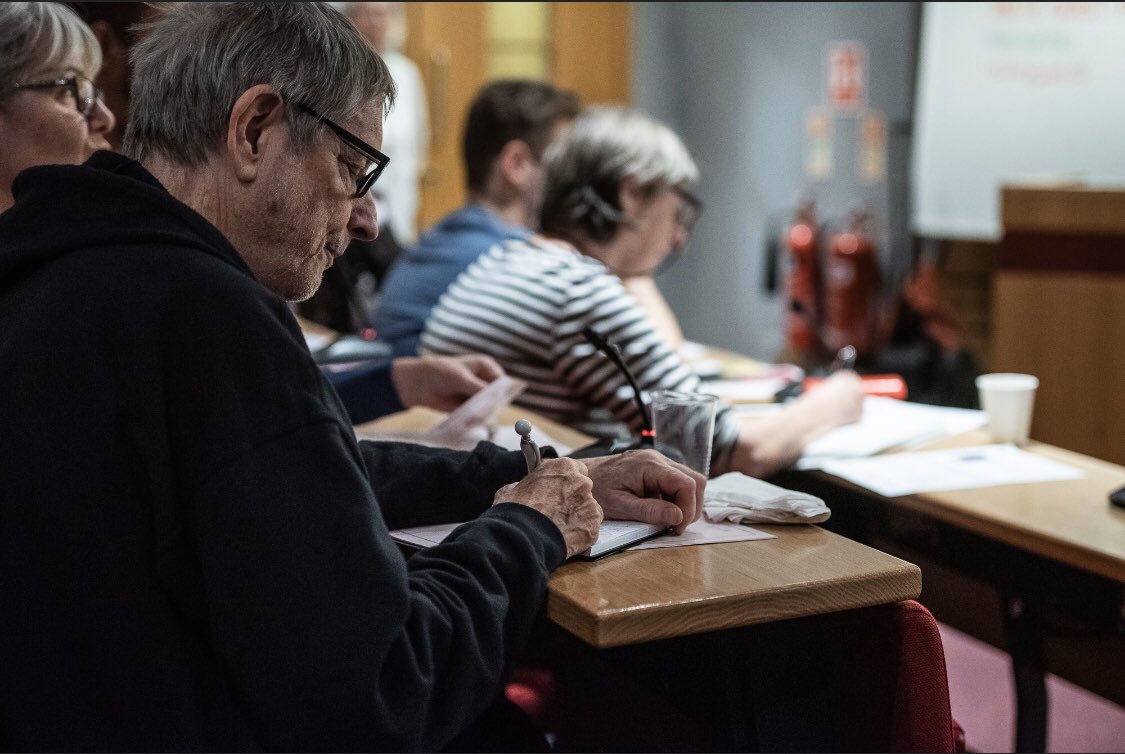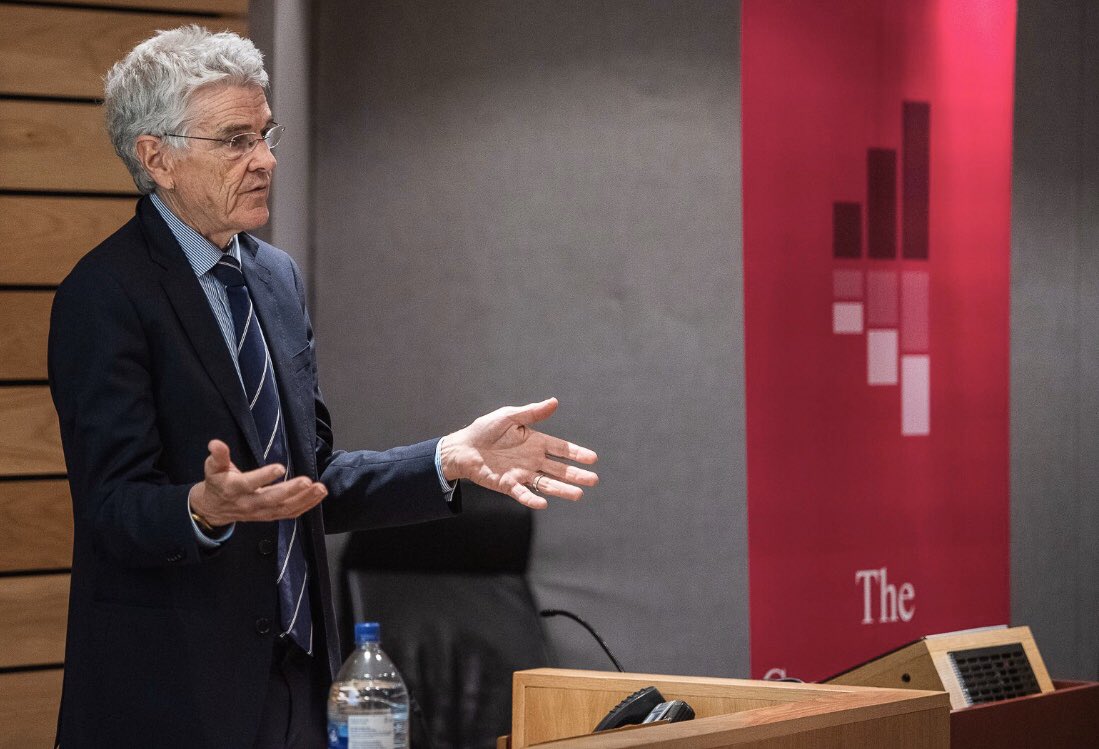
The U.K. a government is NOT a household OR business, it has the power of the public purse. #MMT exposes the myths and reveals the policy space available for public purpose if we can win the votes to achieve our goals.
Pushing our politicians and policy makers to accept the reality of monetary operations isn’t easy, @StephanieKelton has made it a whole lot easier with her best selling book ‘The Deficit Myth’.
Buy and share a copy and let’s get the U.K. building a better economy.
#LearnMMT
Buy and share a copy and let’s get the U.K. building a better economy.
#LearnMMT

The purpose of taxation is for the government provision itself by creating unemployment, driving demand for its currency.
Tax destroys currency returned to the issuer, making space for further spending, it doesn’t pay for anything.
Income & sales taxes are highly regressive.
Tax destroys currency returned to the issuer, making space for further spending, it doesn’t pay for anything.
Income & sales taxes are highly regressive.
https://twitter.com/premnsikka/status/1319943409440837633
Unemployment is created by government. Good jobs and prosperity don’t trickle down from rich people, the currency issuer can always achieve full employment #JobGuarantee
• • •
Missing some Tweet in this thread? You can try to
force a refresh










